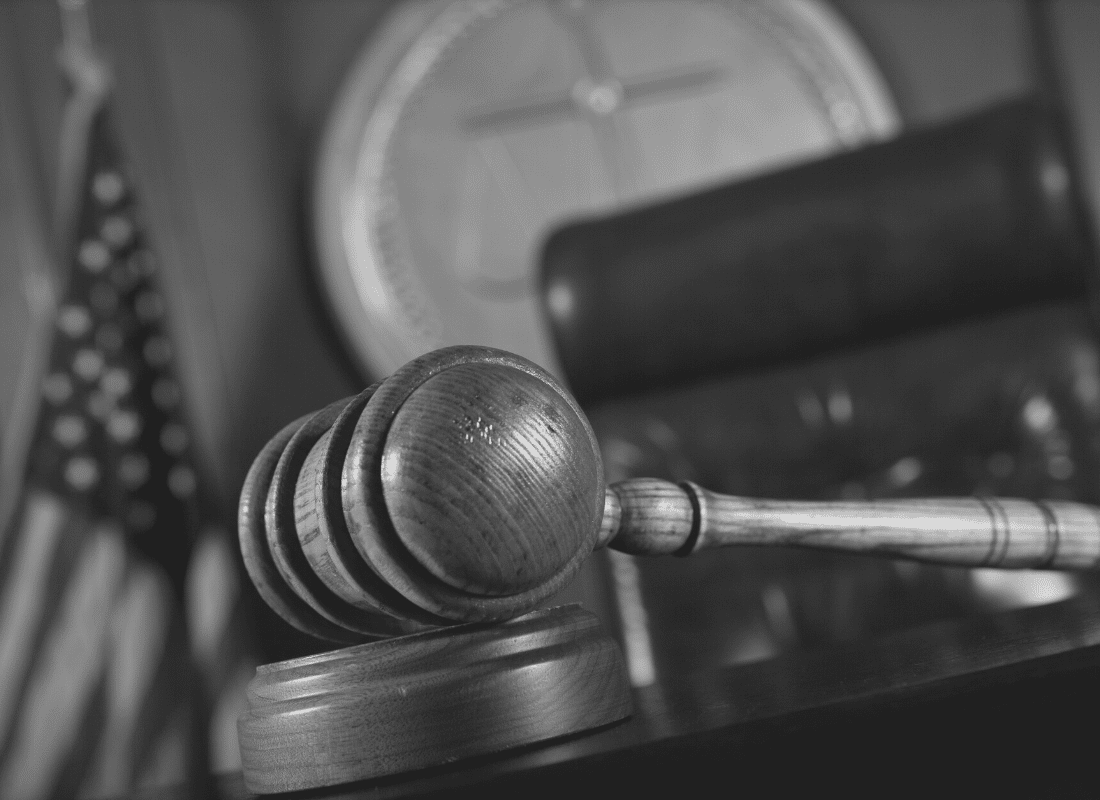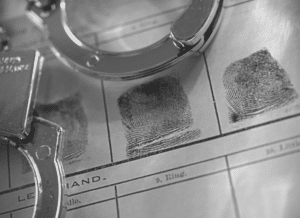As you get closer to your trial date, your New York criminal attorney may explain that you do not have to have a jury decide your case. Instead, your New York criminal attorney can request a bench trial on your behalf. Your attorney may discuss the disadvantages and advantages to having a bench trial.
Credibility Determinations
Some jurors have difficulty believing police officers, but judges may be more likely to believe them. If a witness is sympathetic but confused, a judge may be more likely to find such evidence insufficient to convict the defendant.
Exclusion of Evidence
Your New York criminal attorney can explain that jurors are not made aware of certain evidence if it has been suppressed. However, the judge will know about this information. Additionally, the judge will learn about the defendant’s prior criminal record while jurors will not.
Harsher Sentence
In some cases, a defendant has no legitimate excuse but will insist on going to trial in order to delay the inevitable. When this situation arises, the judge may express his or her aggravation with this behavior by giving the defendant a harsher sentence. Additionally, judges may give harsher sentences to defendants who refused to waive a jury trial when bench trials are more frequent.
Preservation of Legal Issues
If a legitimate legal issue arises, it is important that your attorney get this information on the record in case the issue makes the case more likely to succeed on appeal. Having a bench trial may be the best way to preserve the issue.
Appearance
Whether a defendant is appearing in front of only a judge or in front of an entire jury, it is imperative that the defendant dress appropriately. The defendant is constantly before the jury as he or she sits at the counsel table or while he or she is testifying. Dressing poorly can give the jury a bad impression that may influence them to react negatively toward this individual. Older male defendants may wear suits with a light-colored shirt. If the defendant is in a professional position, such as a lawyer, architect or doctor, he should wear a tie. Younger male defendants can wear slacks, sweaters and belts. Female defendants should wear a dress, skirt or slacks with a nice blouse. Women can also wear suits. Women should be dressed in a modest manner and should not expose their back, midriff, shoulders or too much skin. Tattoos and piercings should be covered up or removed. Women defendants may wear a pair of earrings but should avoid wearing jewelry that is too flashy.
If you would like more information regarding bench trials and whether you should pursue one, contact New York criminal lawyer Frederick L. Sosinsky by calling (212) 285-2270.




